
It is January 2nd, and you have shaken off that New Year’s Eve hangover and find yourself surveying a gray winter landscape. Night falls at 4:30 pm, but now there are no more holidays to anticipate, just two more months of yuck. This is the moment to get down to your local pub.
The latest pFriem-Beervana collaboration is pouring now (in Czech-style side taps at pFriem’s taprooms), and it is awesome. Here are all the details.
Well, that sucked. As the final sands run out on 2025, I have a look at the carnage—and believe it or not, I managed to find a shaft of light or two as well.
Through war and peace, rich times and financial calamity, Anheuser-Busch has maintained the most impressive system for making beer in the world. In the US, it starts with the dozen separate breweries scattered across the US. So it was very big news to learn that they’re shutting 25% of them down.
Even in a brewery with a self-consciously European presentation, an obscure Belgian-style ale can’t hide where it’s really from.
A number of months ago, I chanced upon a pint of Deschutes Fresh Squeezed IPA. It had been years since I’d tasted the beer, and I didn’t find the thick, cakey ale of my memory, but a pretty awesome banger. Was I just misremembering it, or had Deschutes quietly reformulated their flagship?
In 2016, the very coolest thing to do was scoot down to your local brewery taproom, with its minimalist, industrial chic. You could pick up a four-pack of milkshake IPA in bright labels and impress your friends during the Packer game. That … is no longer the case.
The oldest homebrew shop in America is closing. FH Steinbart was not just a small business, though—it was a critical part of the connective tissue that helped make Portland Beervana.
A reader writes with a question about legacy breweries and their aging flagships. It is an opportunity to delve into an issue I’ve thought about a lot over the years.
I have a habit of mind that goes like this: all cuisine and beverages evolve, which means that at any given time we’re in a more perfect place than before. If only we could give those pour souls in 1995 a modern IPA, it would change their lives. But mid-sip one day this week, I wondered if that was actually true.
With the apparent permanent closure of Rogue Ales, it’s time to consider the legacy of this early craft brewery. It may surprise many drinkers who today think of Rogue as tame and boring to learn that it was once a radical experiment. And that’s how we should remember it.
Rogue Ales, the iconic 37-year-old brewery, shuttered the doors to all its locations today. While the news is still coming in, it may be the end of the line for Newport’s finest.
Breweries are lowering prices on N/A beer even thought it’s an expanding segment and the only one really exciting people in the industry. To me, that looks like an important tell.
Beer is a potion of flavor and aroma compounds, and humans are creatures of opinion. In one culture, people favor some and eschew others, while elsewhere they may favor the other and eschew some. This is both inexplicable and universal.
Thirty years ago—not 33–Goose Island conducted an experiment that still resonates today. It reminded brewers that wood-aging has an important role to play in beer, and created one of the most American of American beers. Here’s the story of Bourbon County Stout.
We have been seeing a tsunami of news articles about how badly the beer industry is doing. It seemed disproportionate to the actual headwinds, and at least one report out last week shows some heartening signs.
You might think there are few places less conducive to learning how to drink than Salt Lake City, and reasonably so. In the 1980s, it wasn’t easy to get a drink there. But for the isolated teen, alcohol offered a potent weapon of rebellion.
You may have seen the op-ed in the New York Times offering handy advice to reverse the declines in the craft beer segment of the beer industry. It produced a chuckle among those who actually understand this industry, and here’s why.
The North American Guild of Beer Writers announced the winners of their annual awards competition. I have some notes on the winners, plus some comments on the state of writing and publishing in 2025.
An unearthed 1974 BBC video of Hook Norton is an amazing document, and not for the reasons you might imagine. The brewery, then as today one of the most “traditional” in the UK, was making some interesting beer that sheds a lot of light on the way things change.
Some of the highlights of the latest GABF and its winners, which were announced this morning.
Berlin’s wonderful all-Berliner weisse brewery announced it was closing a few weeks ago (full text included in this post), which gives me an opportunity to repost my article from five years ago about what a wonderful project it was.
A spate of “craft beer is crashing” pieces has me thinking about a post I wrote twelve years ago. Is the difference between a bubble and a mature market more about vibes than dollars?
Founder Alex Ganum is one of a handful of the most gifted brewers I’ve encountered in my travels around the world, and on a number of occasions, tasting his beer left me startled by its originality and accomplishment. With its singular vision and personality, Upright was an irreplaceable brewery.
Now I’m looking for that wonderful, recognizable taste of the harvest. If peach season signals the end of summer, the iridescent green flavor of a fresh hop tastes like autumn.
A note about my availability over the next month, as well as a few words about the state of free speech in the US following the murder of Charlie Kirk.
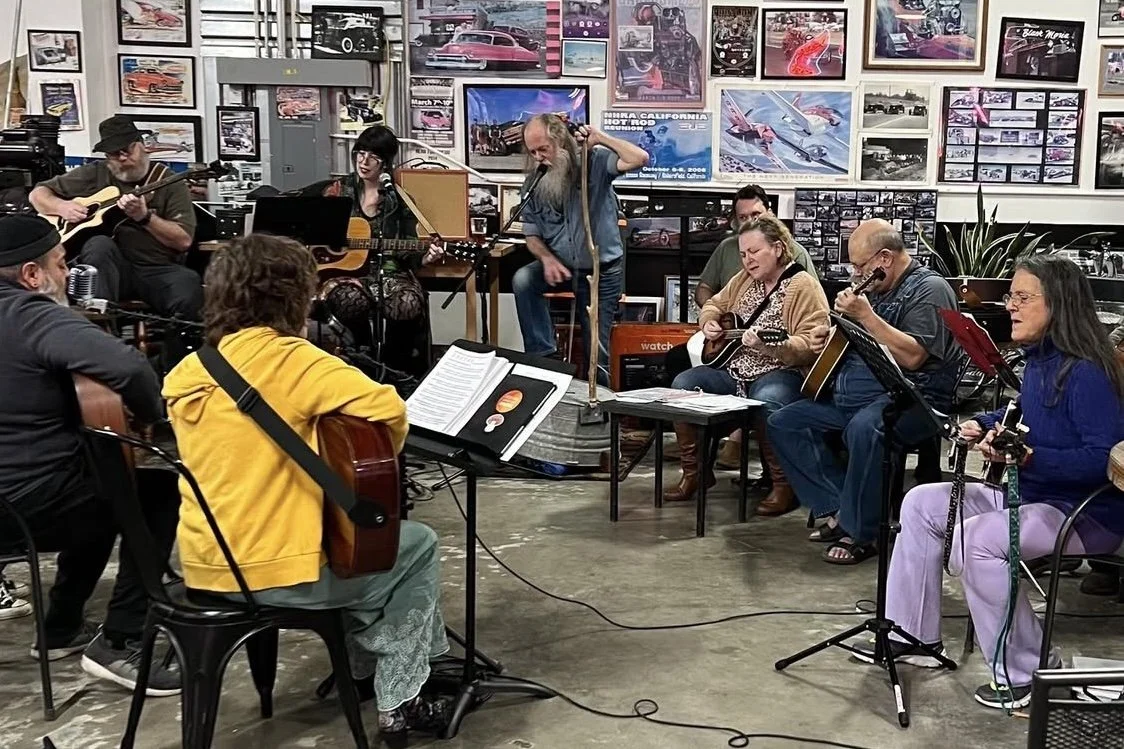


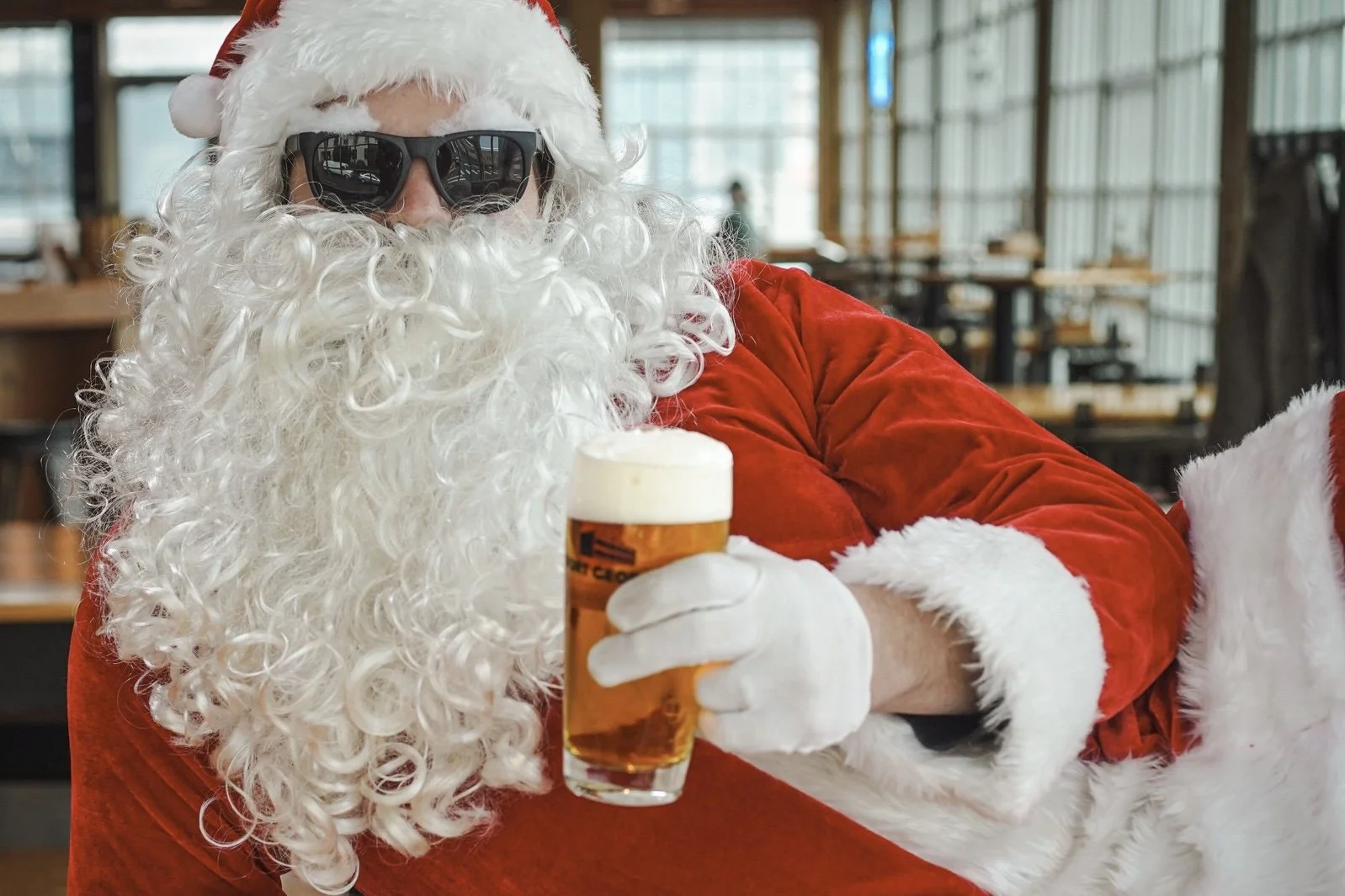

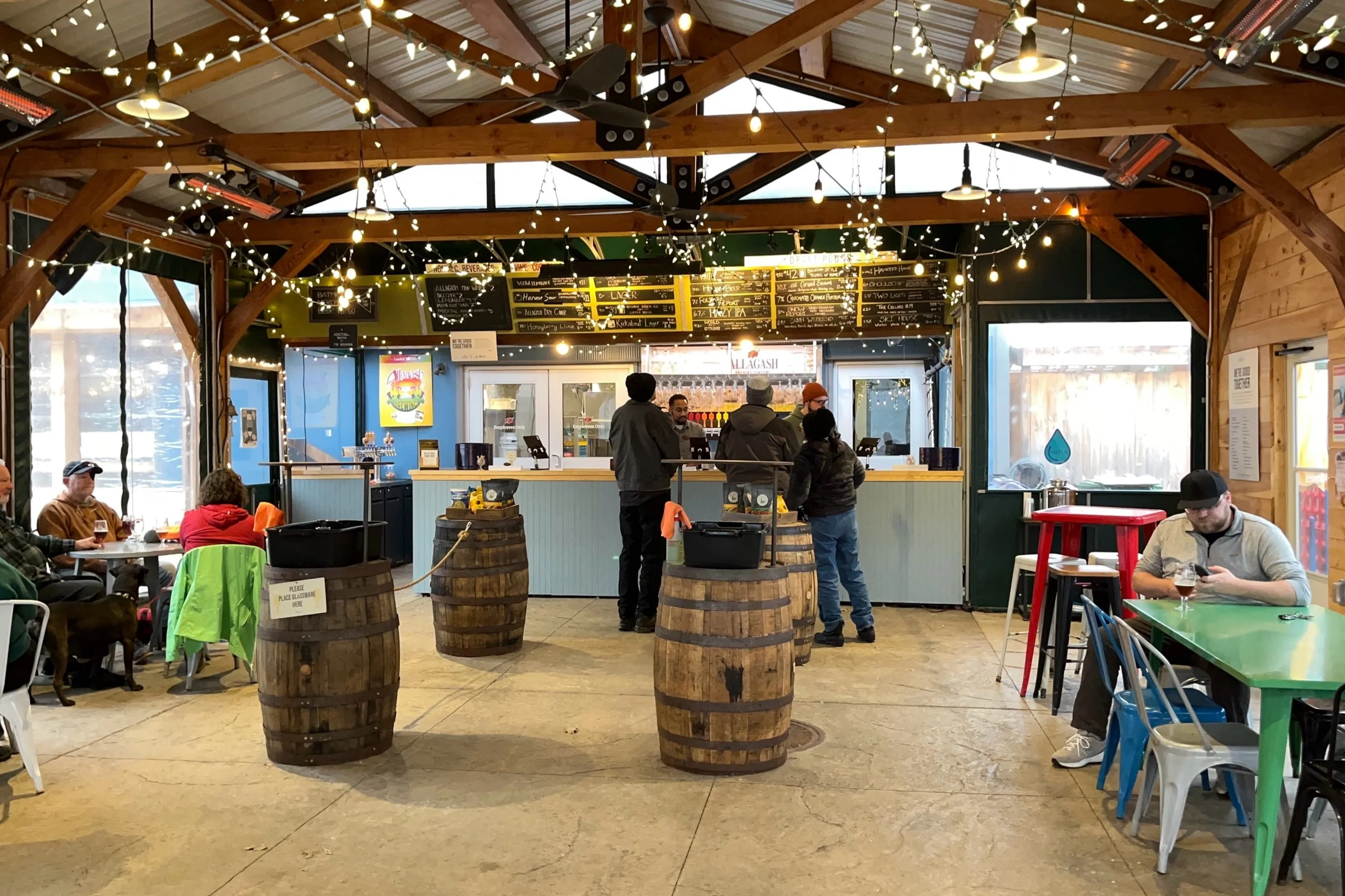

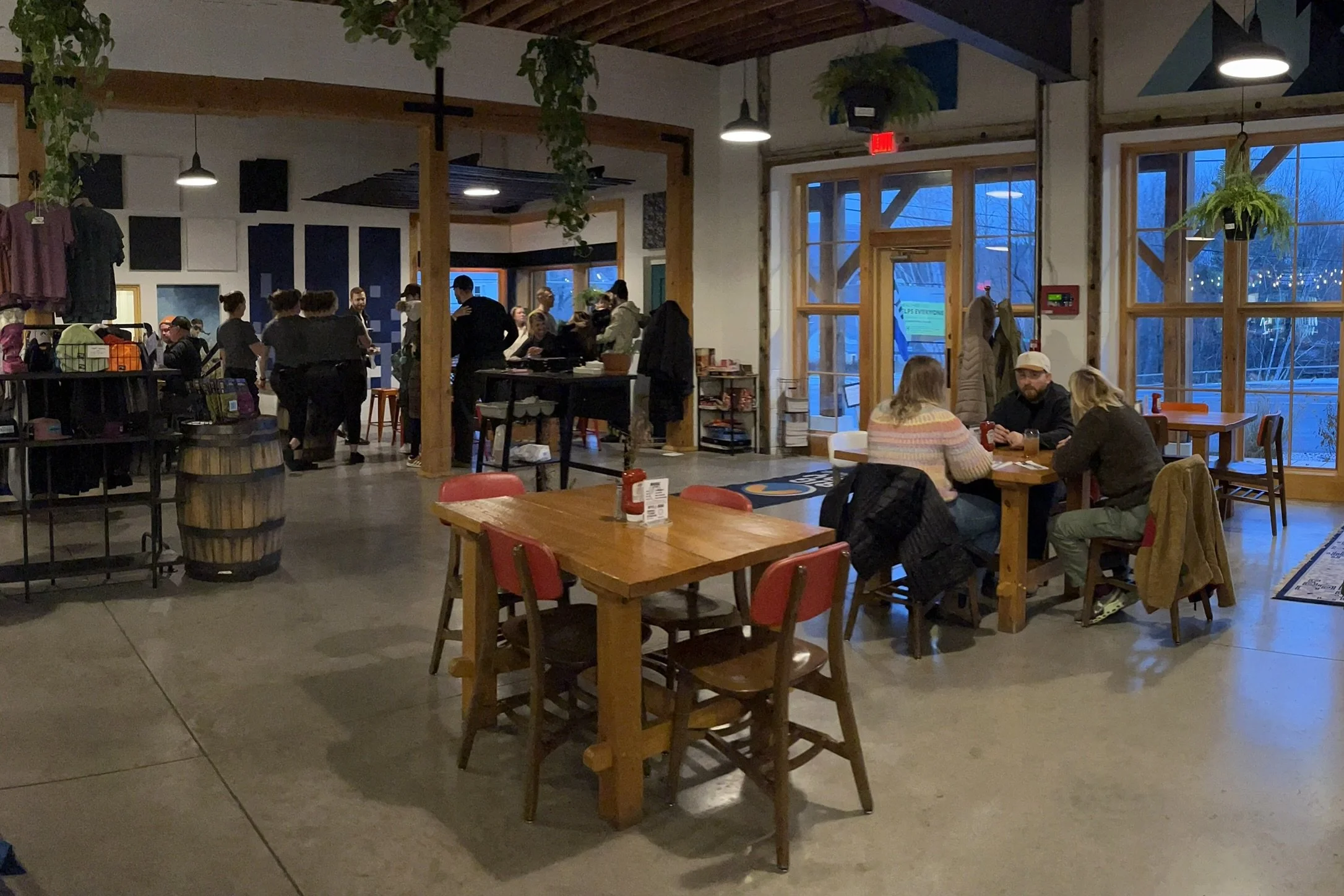


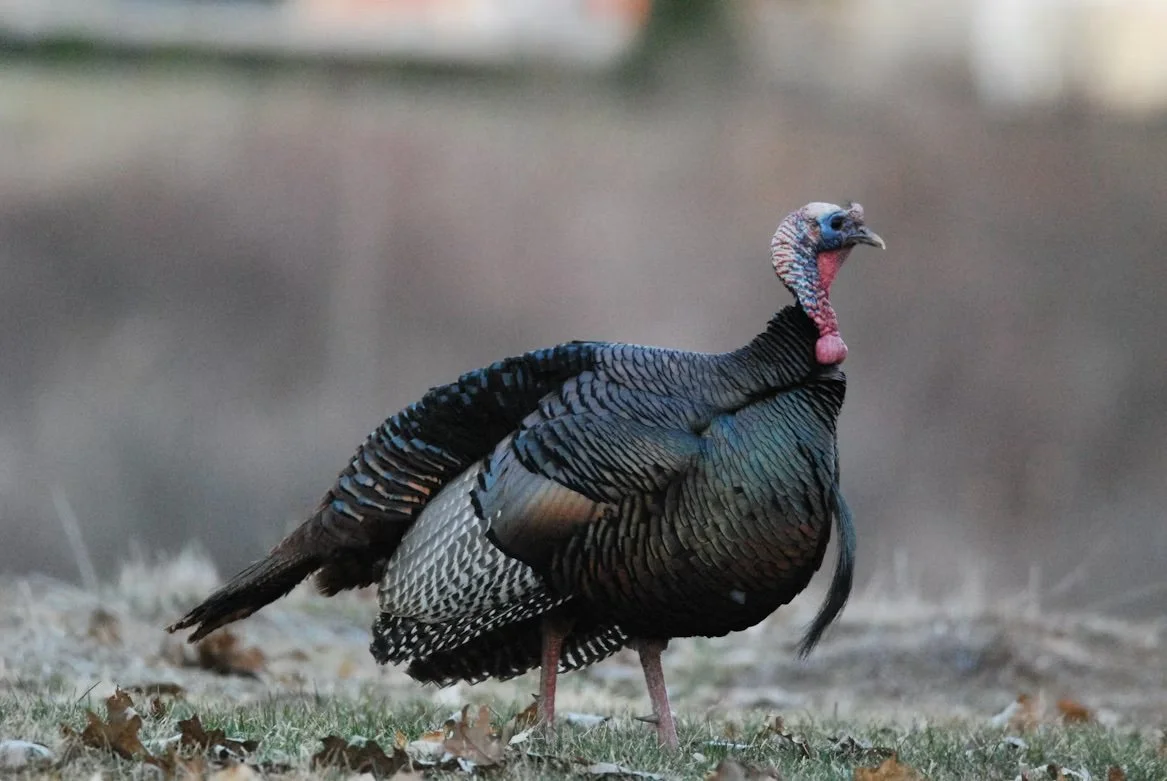
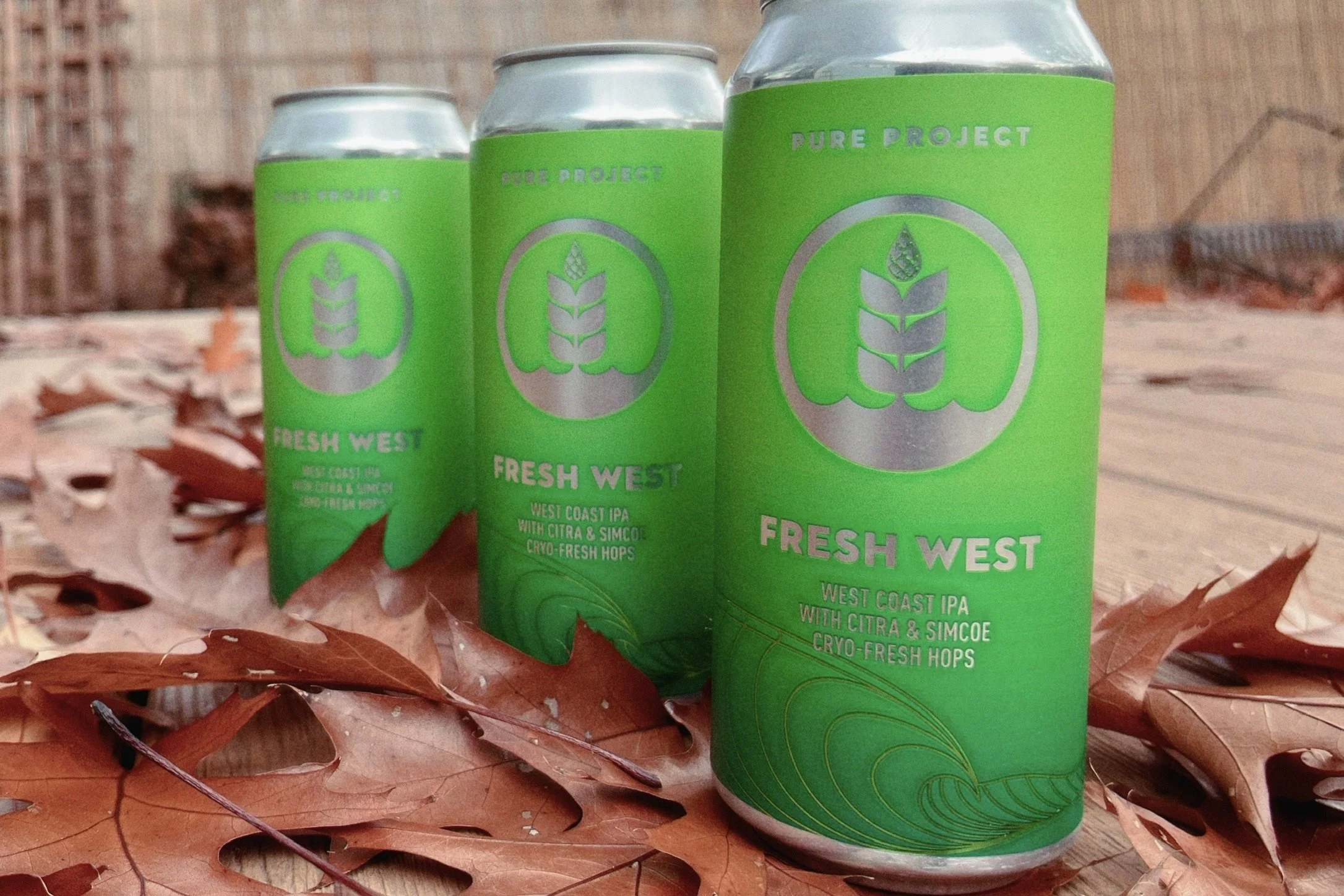






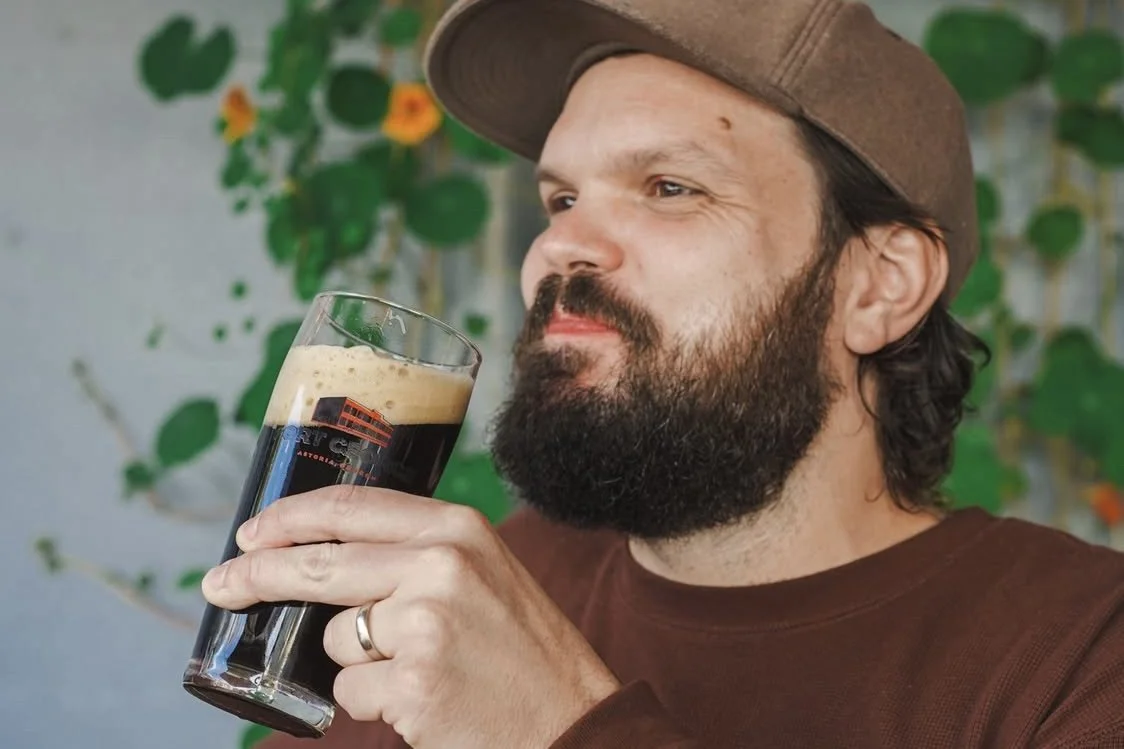

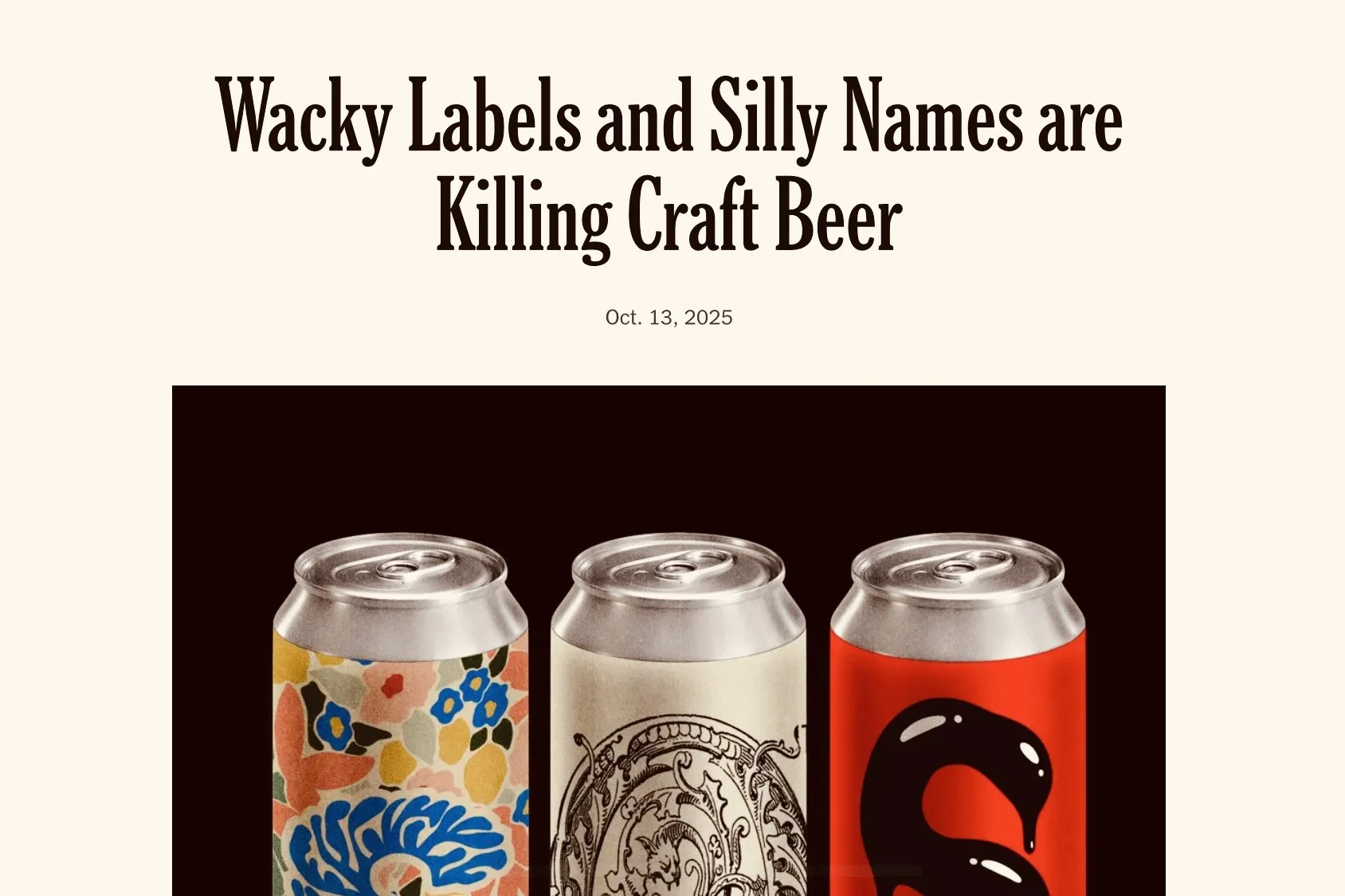

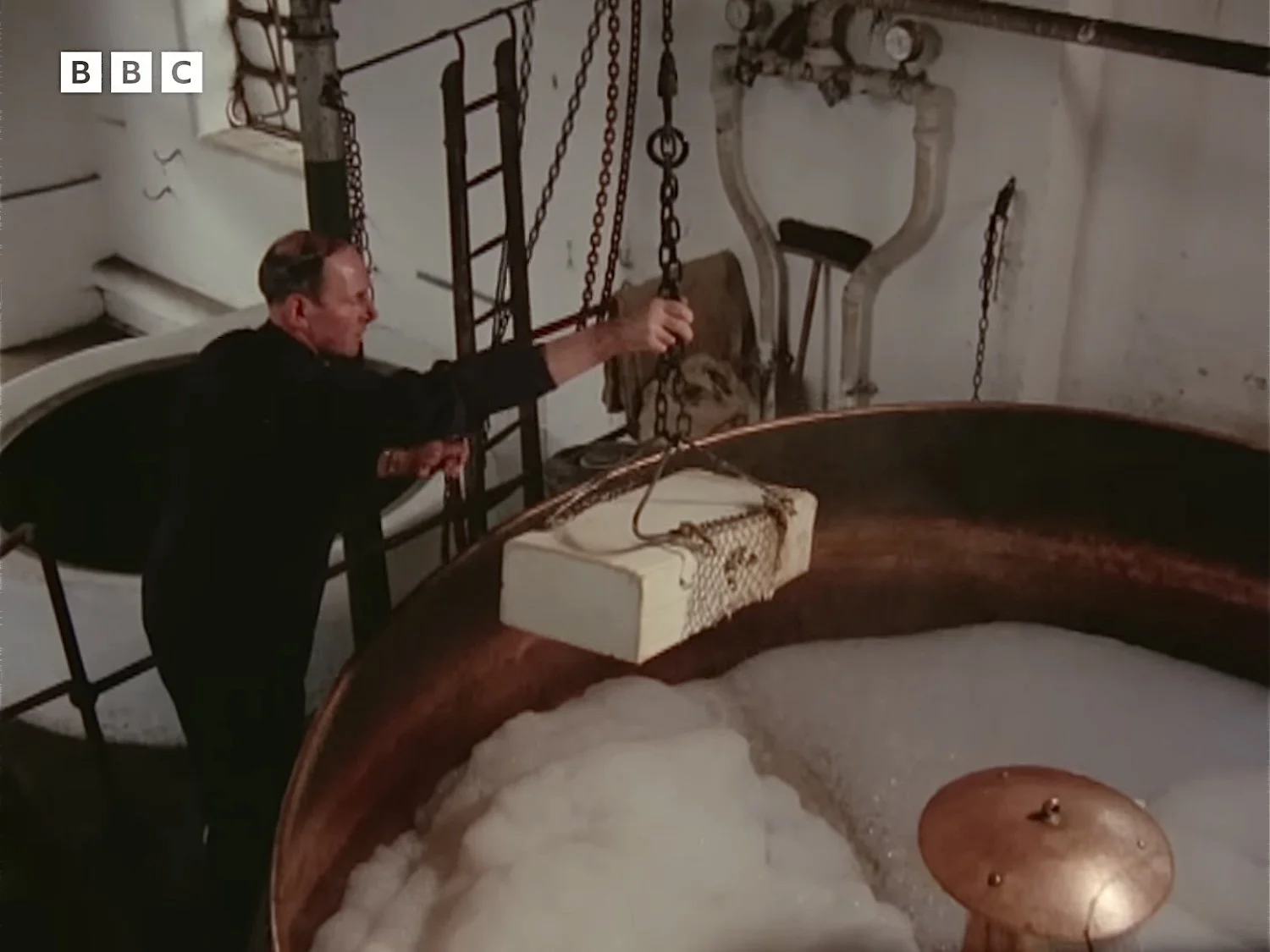



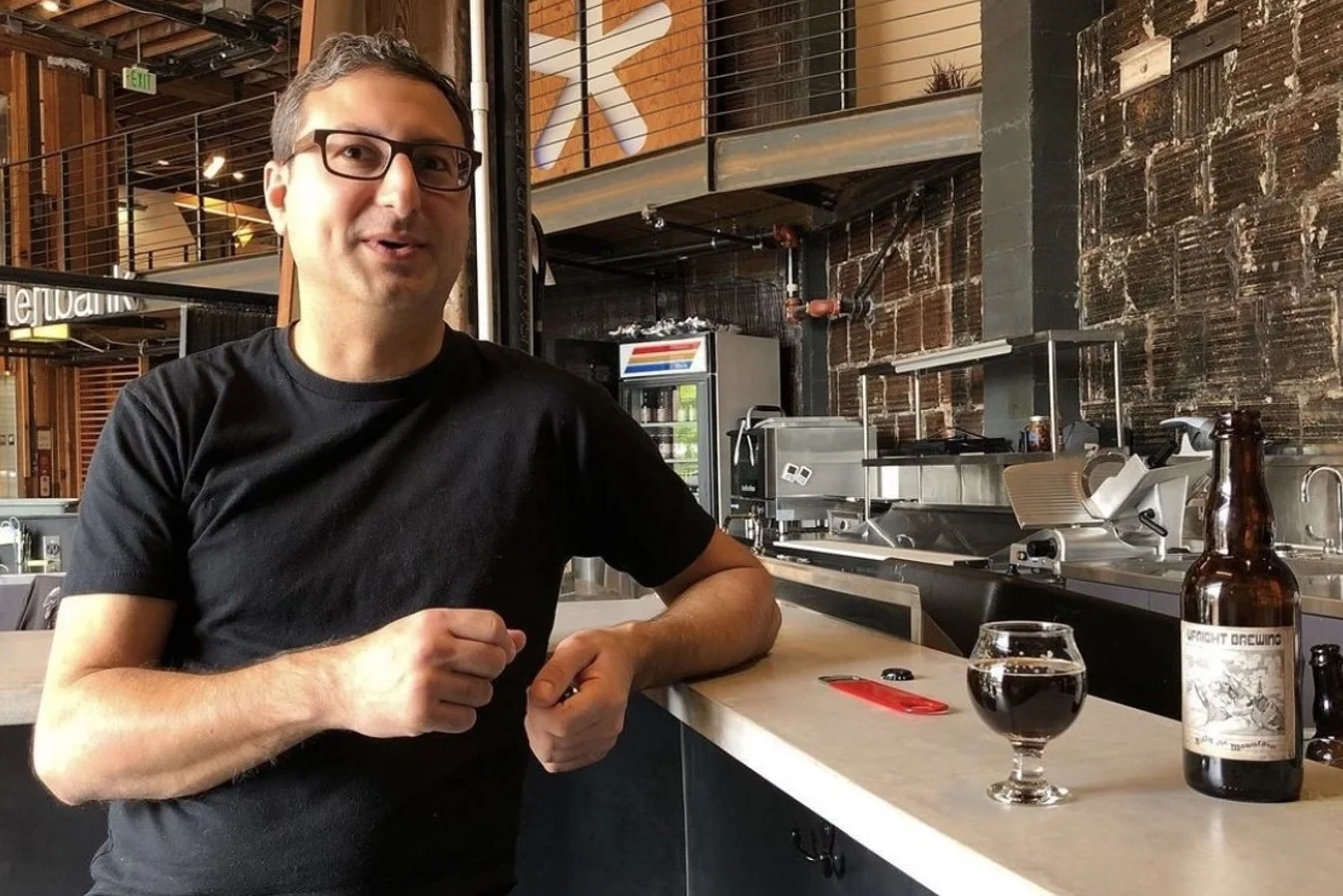
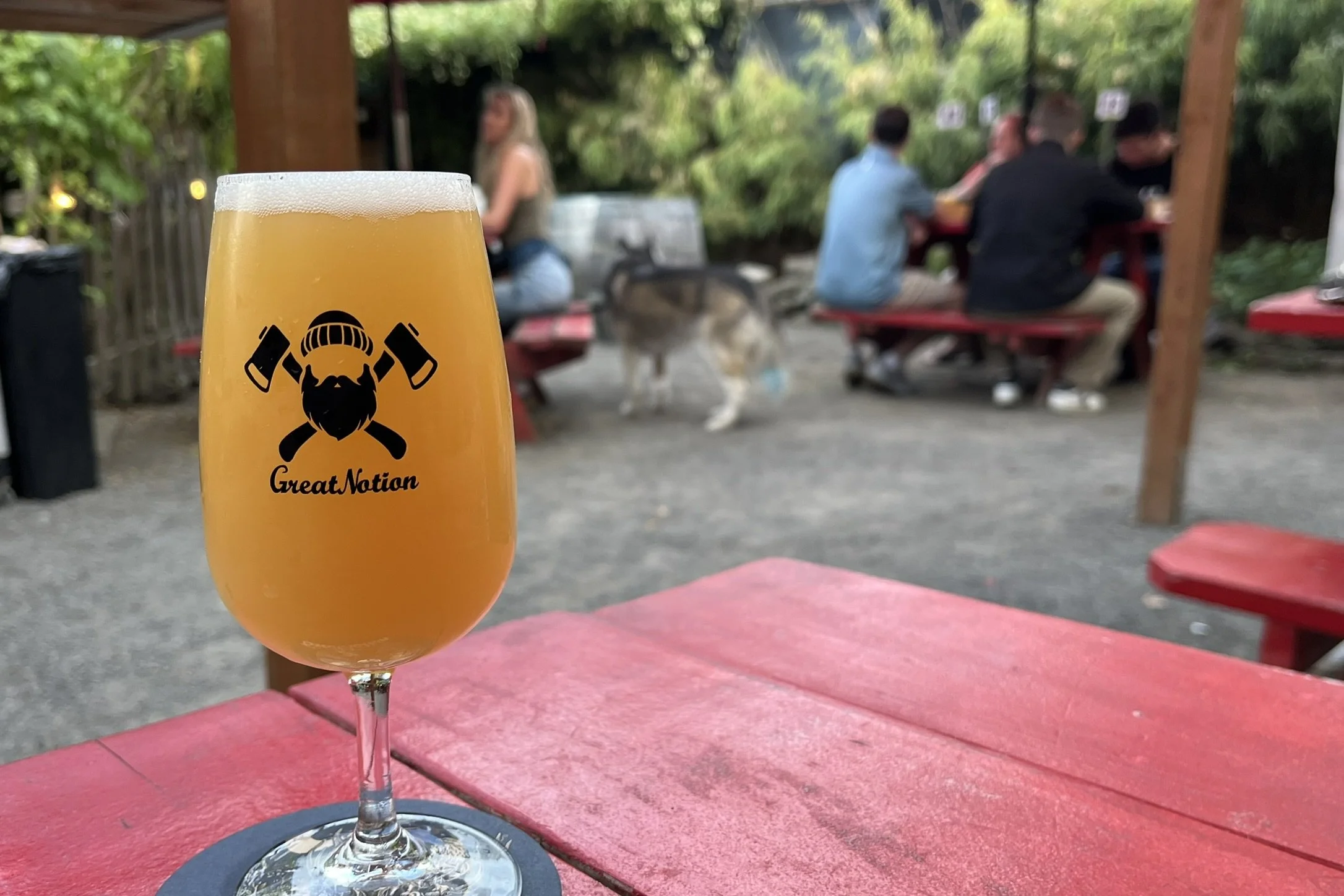
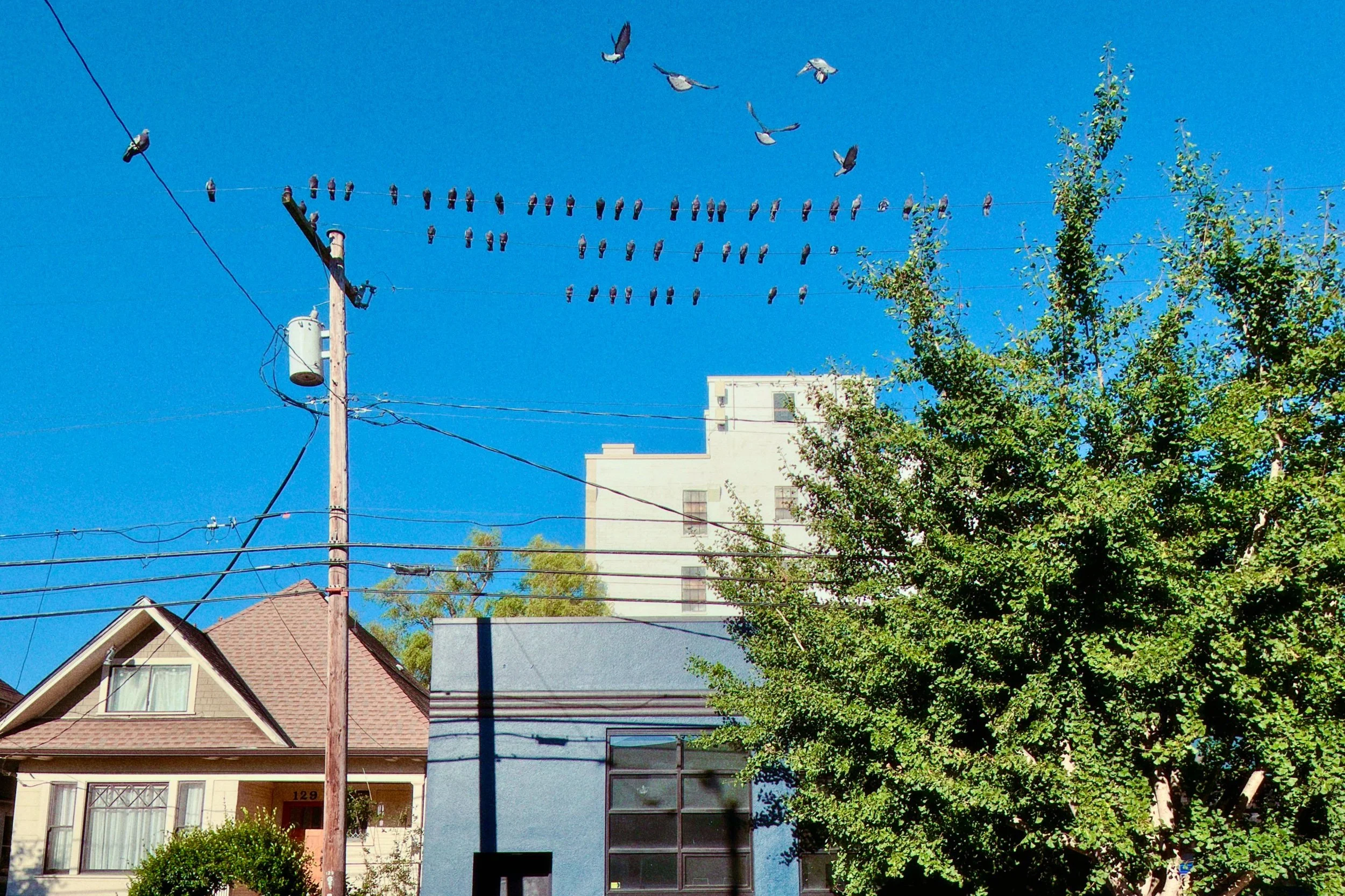
The USDA released its annual National Hops Report a couple weeks ago, and it suggests that things may becoming back into equilibrium. I have the numbers, some analysis by experts, and a few comments about current trends.